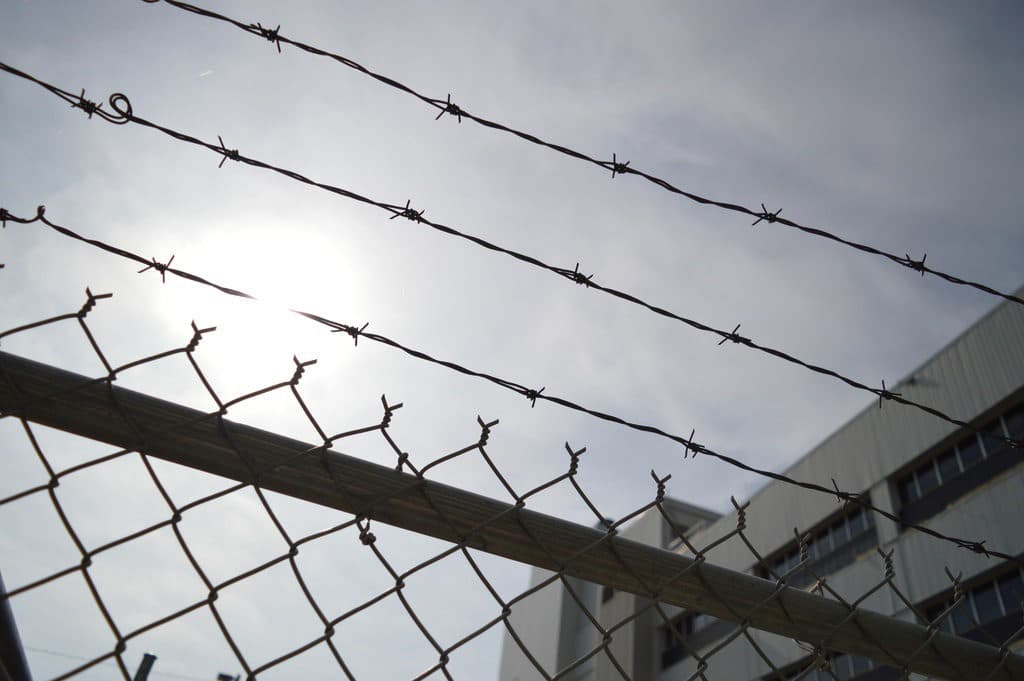source: Electronics Weekly news
“We need to prepare for the worst and hope for the best,” says ECSN and IDEA chairman Adam Fletcher, following the announcement that US proposes an additional tariff of 25% on electronic components produced in China and imported into the US.
The list of electronic components included contains over 1,400 products includes all tantalum, aluminium, ceramic, paper or plastic capacitors, many carbon, composition or film resistors, fuses, relays, LEDs, transistors, thyristors lithium, air zinc and silver oxide primary cell batteries.
It also includes some consumer products, many automotive products and industrial equipment.
According to Fletcher, chairman of the International Distribution of Electronics Association (IDEA), the application of the proposed tariffs to these electronic products would obviously increase direct costs to customers in the US but also transactional costs for manufacturers and manufacturer authorised distributors involved in the import of goods from China into the US.
To avoid the tariff manufacturers and manufacturer authorised distributors would have to ensure goods were not re-shipped into the US from China via a third-party country.
“It’s an additional administrative burden for the entire electronic components supply network where the lead-times for passive components are already significantly extended,” said Fletcher.
“There have been some suggestions that the current products listed on the Harmonised Tariff Schedule Annex are part of a wider negotiating strategy between US and Chinese Officials,” continued Fletcher. “I hope that is the case, but our industry must react quickly to request that all electronic components are removed from the proposed schedule during the consultation process”.
Distributor members of IDEA are in the process of formulating a position paper to submit to US Trade Representative requesting that electronic components are removed from the Annex during the consultation process which begins with submission of written comments on 11th May 2018.
